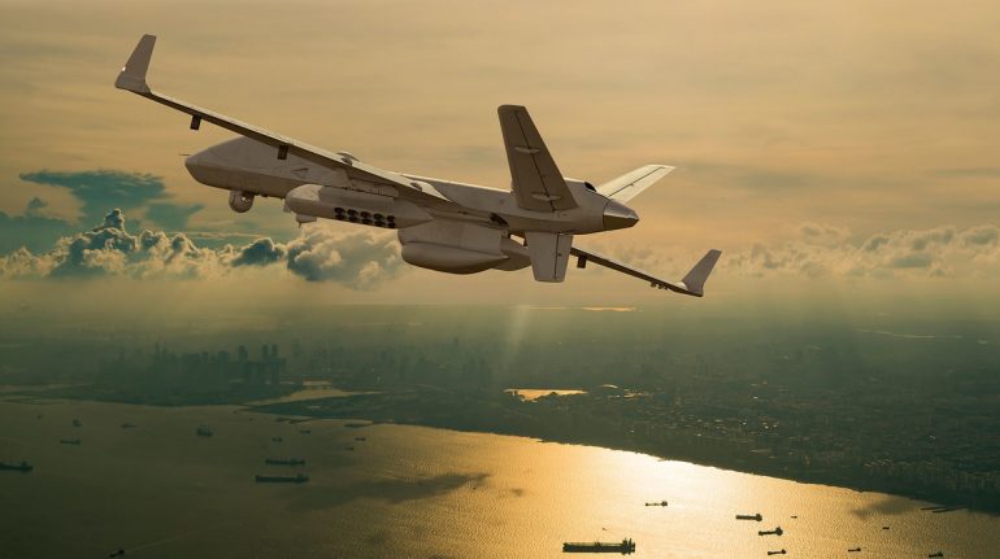The U.S. State Department on Friday approved a $1.6 billion foreign military sale of MQ-9B drones for Australia.
The package includes up to 12 MQ-9B aircraft made by General Atomics, as well as Honeywell engines, ground control stations, training simulators, and various satellite terminals and communications equipment necessary for the MQ-9 pilot and sensor operator to control the drone from a remote location.
It also contains a suite of sensors and weapons, predominantly manufactured by Raytheon Technologies, Lockheed Martin and Leonardo. Those include Raytheon’s Multi-Spectral Targeting System-D electro-optical/infrared sensors; Lynx AN/APY-8 synthetic aperture radars; Leonardo’s SAGE 750 electronic support measure system; Rio communication intelligence systems; and six Joint Direct Attack Munition tail kits.
The $1.6 billion price announced Friday is the starting point for negotiations on a final contract. Once the State Department approves an FMS case, Congress has an opportunity to weigh in on the presumptive sale. If lawmakers do not object, the foreign customer begins negotiations with the contractor on the price and quantity of products, yielding a final contract agreement.
The Australian government announced its intention to purchase the hunter-killer aircraft in 2018, but the acquisition has been controversial given supposed problems with it operating in urban environments.
“This proposed sale will support the foreign policy and national security objectives of the United States. Australia is one of our most important allies in the western Pacific,” the United States Defense Security Cooperation Agency said in a statement.
“The strategic location of this political and economic power contributes significantly to ensuring peace and economic stability in the region.”
Last year, General Atomics’ was unable to demonstrate the aircraft’s capability in urban environments, with the manufacturer forced to cancel a test flight in San Diego in response to community pushback.
US regulators then confirmed that the planemaker would need to reapply for permission to conduct test flights over densely populated urban environments in light of safety concerns.
Australia’s own Department of Defence played down the worries, stating that the decision to purchase SkyGuardian would not be affected by domestic air space restriction in the US.
According to Defence, worries over regulatory compliance, aviation safety and airworthiness would be addressed “well ahead of achieving initial operating capability” currently scheduled for the “mid-2020s”.
“The variant of SkyGuardian that Defence is purchasing will be certified to similar standards as manned aircraft. This is to ensure the safety of people on the ground and other airspace users,” a spokesperson said.
“While this is yet to be completed, this will enable operations in domestic airspace.”
The spokesperson noted that in Australia, testing would be guided by the Defence Aviation Safety Regulations, rather than Civil Aviation Safety Regulations that govern civil aviation.
“This includes Defence-specific regulations to operate unmanned aircraft systems in Australia,” the spokesperson added.
Defence added that it would work closely with the Civil Aviation Safety Authority (CASA) to ensure Defence regulations are compatible with CASA’s guidelines.
Sources: Australian Aviation; Defense News;

